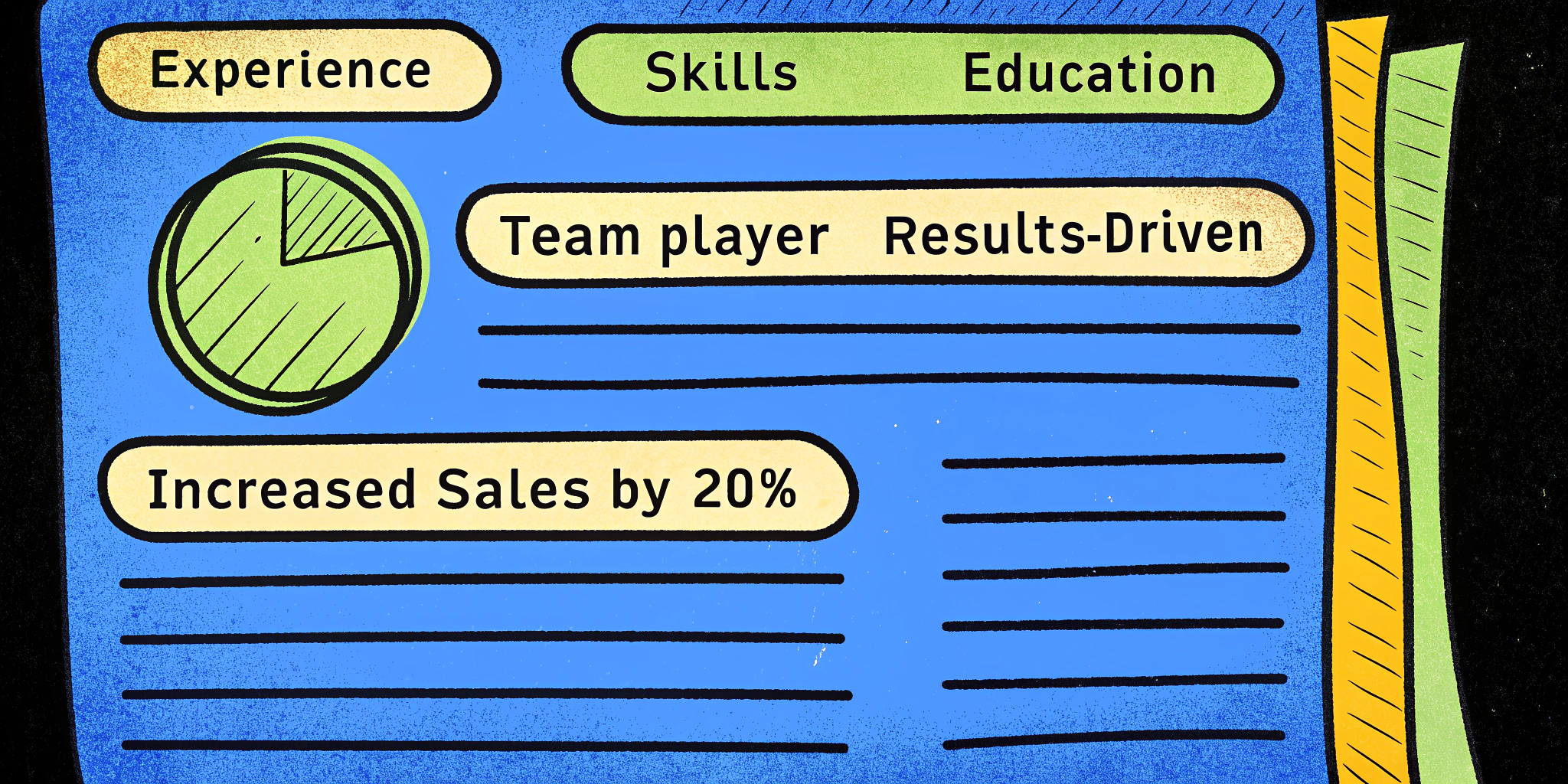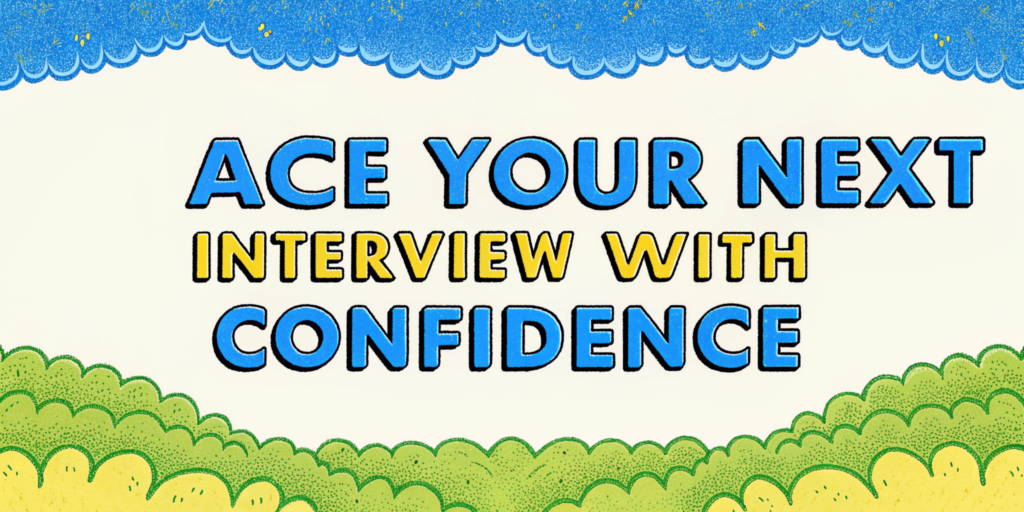Why Data Beats Guesswork in Resume Writing
Hi, I’m Alex, a career coach and self-proclaimed data nerd. For years, I’ve helped people write resumes, but like many of you, I often found myself relying on subjective advice. “Use this format!” or “Try these verbs!” But what works for one person might not work for another. That’s why when I came across Austin Belsak’s analysis of 125,484 resumes, my curiosity skyrocketed. Finally, some hard data to guide us!
Here’s the deal: your resume’s success isn’t about guesswork—it’s about aligning with proven patterns. From LinkedIn profiles to measurable metrics, Austin’s findings provide actionable insights that anyone can use to write resumes that get results. Let’s break it down step by step.
Optimize Your Resume with a LinkedIn Profile
What the Data Says
Including a LinkedIn profile on your resume can boost your chances of landing an interview. But here’s the catch: it only helps if your LinkedIn profile is fully optimized. According to the study, resumes with strong LinkedIn profiles outperformed those without, while basic or incomplete profiles actually hurt the applicant’s chances.
| Profile Type | Interview Callback Rate |
|---|---|
| Comprehensive LinkedIn | +71% |
| No LinkedIn Profile | Baseline |
| Basic/Incomplete LinkedIn | -29% |
What Makes a Strong LinkedIn Profile?
To maximize results, make sure your LinkedIn profile checks these boxes:
- Professional Headshot & Banner
First impressions matter. Invest in a clean, professional-looking photo. - Detailed Work Experience
Don’t just copy-paste your resume. Add context and accomplishments. - Meaningful Connections
Engage with your network through endorsements and recommendations.
🔧 Pro Tip: Use LinkedIn’s custom URL feature (e.g., linkedin.com/in/yourname) to make your resume look clean and professional.
The Power of Keywords: Hard vs. Soft Skills
Why Keywords Matter
Applicant Tracking Systems (ATS) scan your resume for specific keywords to decide whether you’re a good fit. According to Austin’s research, the average job description includes 43 keywords, but candidates typically include only 51% of them in their resumes.
Hard vs. Soft Skills: The Gap
The study also found that candidates over-indexed on hard skills (like Excel, SQL) but under-indexed on soft skills like communication and leadership. Here’s the breakdown:
| Skill Type | Average Match (%) |
|---|---|
| Hard Skills | 60% |
| Soft Skills | 28% |
How to Identify the Right Keywords
- Paste the Job Description into a Word Cloud Tool
Tools like WordClouds.com can help you identify frequently used keywords. - Match Keywords Naturally
Don’t overstuff your resume with keywords; make sure they flow naturally. - Balance Hard and Soft Skills
Look up reports like CNBC’s top workplace skills to identify relevant soft skills.
Quantify Your Impact: Metrics Matter
Why Numbers Speak Louder
Only 26% of resumes in the study included five or more metrics, yet hiring managers overwhelmingly prefer candidates who quantify their achievements. Why? Because metrics make your value easy to understand and compare.
Example: Instead of saying, “Managed social media accounts,” say, “Increased social media engagement by 30%, resulting in a 15% increase in customer inquiries.”
Using the XYZ Formula for Bullet Points
The XYZ formula is a game-changer for writing impact-driven bullet points. Here’s how it works:
- Accomplished X as measured by Y by doing Z.
| Role | Generic Statement | XYZ Statement |
|---|---|---|
| Marketing Specialist | Managed email campaigns | Increased email open rates by 25% by A/B testing subject lines and optimizing timing. |
| Software Developer | Developed internal tools | Reduced processing time by 40% through automation of internal workflows. |
The Perfect Resume Length
The Data-Backed Sweet Spot
Resumes with 475-600 words performed best in terms of interview callbacks. Yet, 77% of resumes fell outside this range, either being too short or overly verbose.
🔧 Pro Tip: Use Word or Google Docs’ word count tool to ensure your resume sits comfortably within this range.
Why Length Matters
Short resumes often lack enough detail, while long resumes overwhelm recruiters. Stick to one page unless you’re an academic, executive, or federal employee.
Avoid Buzzwords and Fluff
The Problem with Clichés
Over 51% of resumes included phrases like “detail-oriented,” “team player,” or “results-driven.” These words don’t differentiate you—they blend you into the crowd.
How to Write Without Clichés
- Be Specific
Replace “results-driven” with specific outcomes like “Achieved 120% of sales targets.” - Show, Don’t Tell
Instead of “team player,” say, “Collaborated with a cross-functional team of 8 to deliver a $2M project ahead of schedule.”
🔧 Pro Tip: Google “resume buzzwords” to identify and eliminate clichés from your resume.
Conclusion: Building a Data-Driven Resume
Crafting a standout resume doesn’t require guesswork. By incorporating data-backed strategies like adding a LinkedIn profile, using the right keywords, quantifying achievements, and avoiding clichés, you can dramatically increase your chances of landing interviews.
For those struggling with resume optimization or interview prep, I highly recommend tools like Ninjafy AI. Its AI Interview Copilot provides real-time support tailored to your experience and job role, ensuring you’re always prepared for even the toughest questions. I personally used it for mock interviews, and it’s a game-changer. Plus, features like InvisibleEyetrack™ make sure you exude confidence during video interviews.




